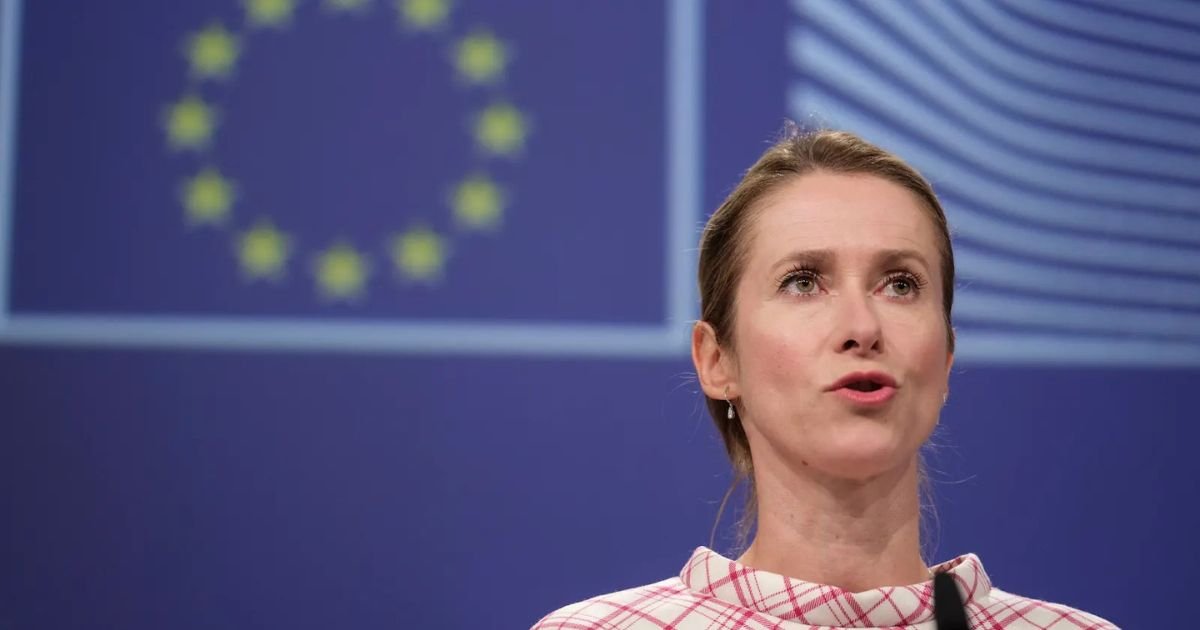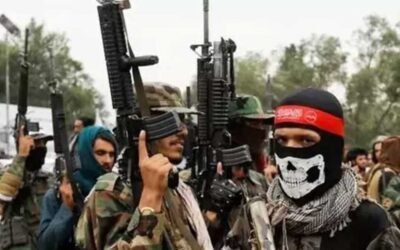The European Commission, the executive arm of the European Union, has proposed a set of significant measures against Israel in response to its ongoing war on Gaza. The proposals, announced on Wednesday, include the suspension of certain trade provisions, as well as sanctions against specific Israeli ministers and settlers. The move follows a comprehensive review of Israel’s compliance with its Association Agreement with the EU, which found a breach of human rights and democratic principles.
Details of the Proposed Measures
The package of sanctions and diplomatic actions, presented by EU foreign policy chief Kaja Kallas, aims to pressure Israel to cease its military operations and allow unrestricted humanitarian aid into Gaza. Key components of the proposal include:
- Suspension of Trade Concessions: The Commission is proposing to suspend specific trade-related provisions of the Association Agreement between the EU and Israel. This would lead to the re-imposition of tariffs on certain Israeli goods, a measure that Kallas stated would have a “high cost for Israel,” given that approximately 37% of the €42.6 billion trade between the two entities benefits from preferential treatment.
- Targeted Sanctions: The proposal includes sanctions on ten Hamas leaders, as well as on “extremist” Israeli ministers and violent settlers. The two far-right members of Prime Minister Benjamin Netanyahu’s Cabinet specifically named are National Security Minister Itamar Ben-Gvir and Finance Minister Bezalel Smotrich.
- Bilateral Support on Hold: The Commission has also proposed pausing its bilateral support to Israel. This suspension would not affect support for Israeli civil society organizations or Yad Vashem, the World Holocaust Remembrance Center, a move intended to differentiate between the actions of the government and the wider public.
The Commission’s decision to pursue these measures is based on its finding that Israel’s actions represent a clear breach of Article 2 of the Association Agreement. The breaches cited include the rapidly deteriorating humanitarian situation in Gaza, the blockade of aid, intensifying military operations, and the decision to advance the settlement plan in the E1 area of the West Bank, which is seen as undermining the two-state solution.
Today we propose to sanction extremist ministers and violent settlers, and suspend trade concessions with Israel.
And put bilateral support to Israel on hold, without affecting our work with Israeli civil society or Yad Vashem.
— Ursula von der Leyen (@vonderleyen) September 17, 2025
Calls for Unity Amidst Internal Divisions
European Commission President Ursula von der Leyen stated, “The horrific events taking place in Gaza on a daily basis must stop. There needs to be an immediate ceasefire, unrestrained access for all humanitarian aid and the release of all hostages held by Hamas.” She added that the proposals reflect the EU’s “principled commitments” and are a response to “serious recent developments.”
The proposals, however, face significant obstacles as they require a qualified majority of the EU’s 27 member states to pass. This has proven difficult in the past, with key countries like Germany and Hungary having consistently blocked efforts to sanction the Israeli government. Despite these internal divisions, Kaja Kallas has urged member states to either support the proposed measures or offer viable alternatives, arguing that the situation in Gaza is “disastrous, and untenable.”
The debate in Brussels reflects growing pressure from a diverse range of stakeholders, including human rights organizations, political parties, and protesters across Europe, who are demanding a tougher stance from their governments. The move to propose sanctions is seen as a significant step, as the EU has previously struggled to present a unified front on the issue.
You May Like To Read:
- FAK in Crisis: Ideological Splits, Dwindling Manpower, and Collapsing Supply Lines
- Exploitation of Afghan Refugees by Fitna-al-Khawarij (FAK)
- The World Sees Through Indian Propaganda
- Privatization Program: Hopes for State-Owned Enterprises’ Revival
- Narco-Money and Smuggling: The Hidden Lifeline of FAK Along the KP-Balochistan Border



























